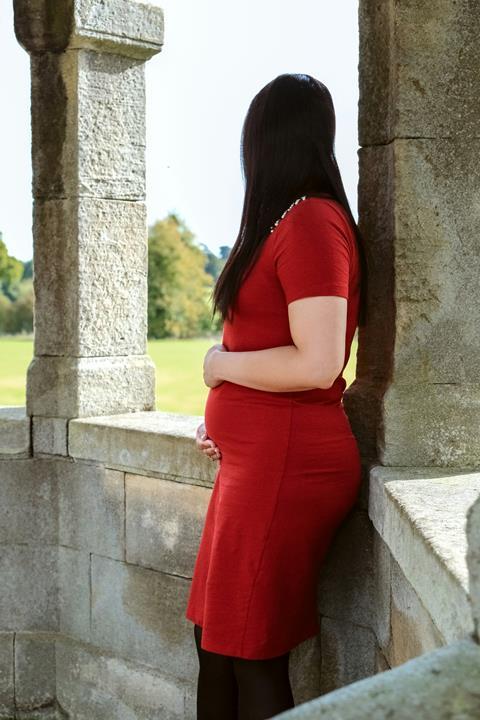Ann-Louise Graham reflects on recent UK legislation on abortion and assisted suicide. She argues that these debates reveal a deeper cultural shift away from a God-centered view of human life.

Abortion is one of the most uncomfortable things to think about, let alone talk or write about. It is, undeniably, a deeply difficult and often painful reality for any woman to experience. And yet we must speak. Especially now. This week, Parliament voted to decriminalize abortion in England and Wales up to birth for any reason. By a margin of 379 to 137, MPs supported removing criminal penalties for women who perform their own late-term abortions—beyond the current 24-week limit. The House of Lords will now decide whether this change becomes law.
READ MORE: Why I believe abortion is not healthcare
In effect, this extends the at-home abortion pill scheme introduced during the Covid pandemic, allowing women to potentially access abortion pills at any point during pregnancy, via telemedicine, without restriction. A proposal to reinstate in-person medical assessments for women seeking abortions, intended as a basic safeguard, was rejected. Many now fear that women will be left even more vulnerable to coercion and abuse.
Many now fear that women will be left even more vulnerable to coercion and abuse.
And imminently, as I write, the Commons will cast its final vote on whether to legalise assisted suicide. Incredibly, within the span of just one week, Parliament is considering matters of life and death, from life’s beginning to its end.
These are serious and weighty decisions, which makes it all the more concerning that the Commons debate lasted just 46 minutes.
READ MORE: ‘I survived abortion’
It is telling that, across media coverage, the conversation focuses largely on a woman’s right to choose. Others raise medical warnings about the dangers of an inevitable increase in late-term abortions. Still others highlight the risk of coercion, the trauma of abuse, or the fear of prosecution under current law. These are all important matters.
Yes, there are faithful organisations; CARE, Right to Life, SPUC, the Christian Institute, that speak clearly and courageously.
Yes, there are faithful organisations; CARE, Right to Life, SPUC, the Christian Institute, that speak clearly and courageously. And Christians are not alone in voicing concern: only 1 per cent of the public support the change.
But in the broader national conversation, God is almost entirely absent.
And that silence may be the most revealing, and perhaps the most devastating, thing of all, because it suggests that the self has taken the place of God in our moral imagination.
READ MORE: GREAT SEXPECTATIONS: Someone in my church has come to me and said they want to get an abortion, how do I help her?
Arguably behind both abortion and assisted suicide lies a subtle but powerful belief: that our value as human beings depends on our sense of autonomy and self-determination. In other words, my right to choose, and your right to choose, is what matters most. In this atmosphere, it can feel almost embarrassing to speak in terms of right and wrong, or good and evil. Morality is no longer seen as something revealed by God, but as something personal and private.
And yet, amid the deep sadness and gravity of what this legislation could mean, there remains the hope of the gospel of Jesus Christ, and its radically different vision of what it means to be human. In Scripture, personhood is not something we construct, it is something we receive. We are created in the image of God, and therefore every life has worth, not because of autonomy, but because of origin.
The voiceless child in the womb matters because he or she is known and formed by God. The dying and the suffering matter for exactly the same reason: God is the giver and sustainer of life. And if we as Christians lose sight of that, even in our desire to be sensitive or nuanced, we risk offering comfort where we are called to offer both comfort and truth. We risk echoing the culture, rather than bearing witness to the God who gives life and calls it sacred.
May we have the humility to repent where we’ve been silent, and the courage to speak with both conviction and compassion, to those affected by abortion, and to those walking through immense suffering. Because every life matters, not because we are captains of our own fate, but because we are created and held by a sovereign, loving God.
If any of these issues have affected you, you can call Premier Lifeline for support. Premier Lifeline is a national, confidential helpline offering a listening ear, emotional and spiritual support from a Christian perspective. If you would like someone to talk with and pray for you, call Premier Lifeline on 0300 111 0101.




































No comments yet